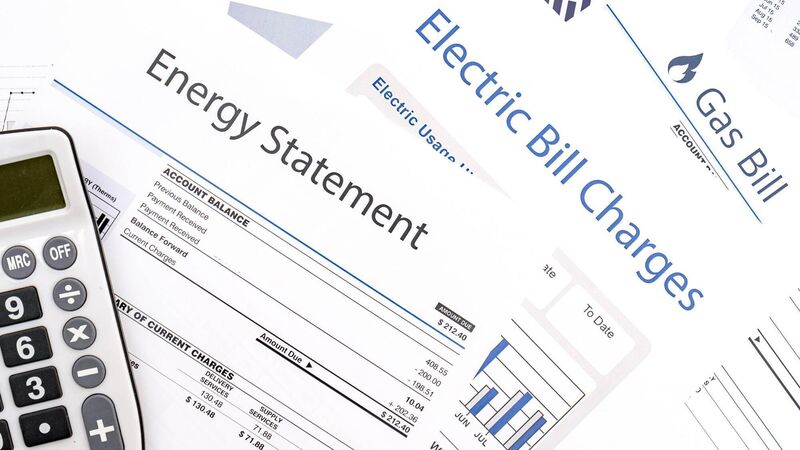Gerard Brady: There is logic in extending schemes to protect households and businesses

Just over €20m out of the €1.25bn set aside for Tbess has been drawn down despite record energy costs facing businesses. Picture: iStock
The mood music in the global economy is much lighter as we enter spring. Signs point to some easing of inflationary pressures, less volatility in wholesale energy prices, and resilient global economic activity, despite sharp increases in interest rates. We should be more confident about 2023 than we might have expected to be late last year.
For many however, far from improving, the rising cost of their winter energy bills has only really begun to hit home, as letters arrived in the post over recent weeks.














